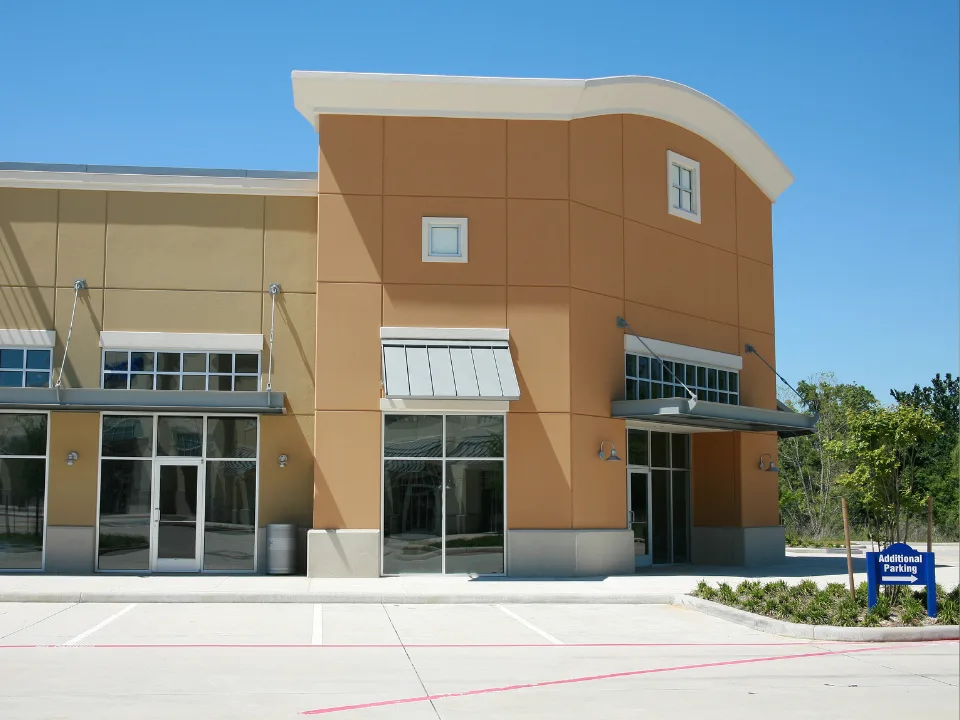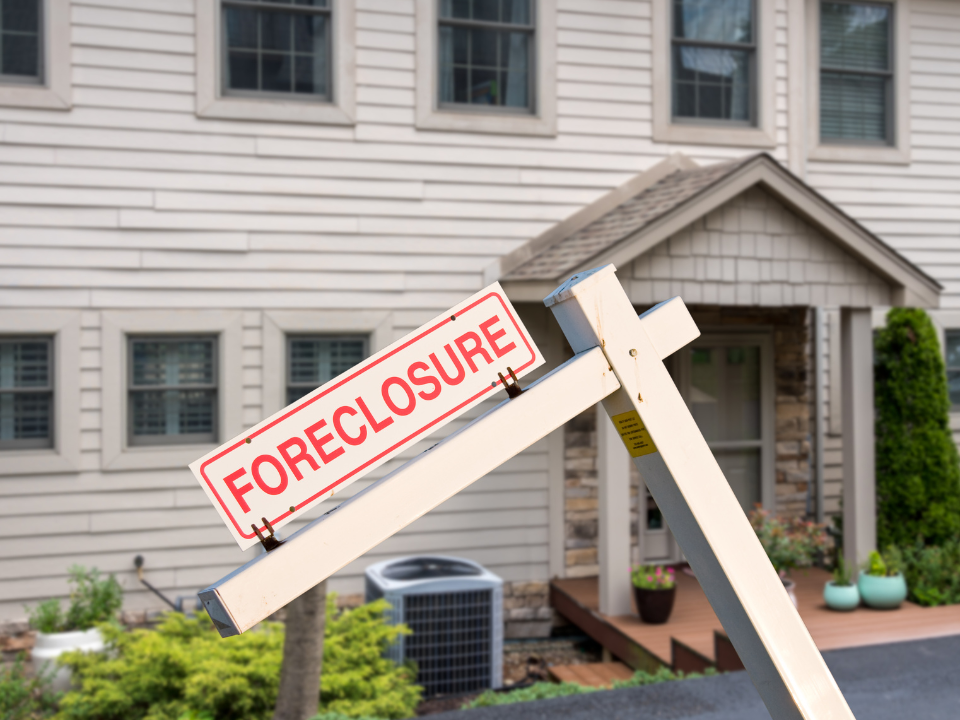- Landlords facing struggling commercial properties are resorting to deed-in-lieu-of-foreclosure, but this move can lead to sizeable tax liabilities due to debt forgiveness.
- Debt forgiveness is considered taxable income, and any loan amount forgiven above the property’s value is taxed as a capital gain, which can reach rates of up to 37%.
- While institutional investors often plan for these tax implications, smaller investors can be caught off guard, facing unexpected financial and reputational repercussions.
With billions of dollars in CRE loans maturing, property owners struggling to make payments are opting to return properties to lenders through deed-in-lieu-of-foreclosure deals.
But as reported by Bisnow, while this approach offers a way to walk away from debt, it can come with a significant catch: forgiven debt is taxable income. Any amount over the property’s original value can be taxed as capital gains, creating a ‘double’ financial burden.
A Growing Trend
The trend of handing back properties has become more common, especially as the commercial real estate sector faces challenges from rising interest rates and declining property values.
- In May, Clarion Partners returned the keys to the Portrait Building, a 135 KSF office property in the D.C. area, to Voya Investment Management over a $33M outstanding loan.
- Two South Florida investors handed back a 20-acre luxury yacht marina to Fortress Investment Group after failing to make payments on an $81.7M loan.
- Chicago-based coworking firm Expansive returned its Downtown Denver office building to RRA Capital, citing an overleveraged situation.
According to CoStar, deed-in-lieu transactions accounted for an average of 16% of commercial foreclosures over the past five years. This figure jumped to 46% at the end of 2023 and was at 41% in 1Q24, reflecting a surge in such deals across office, industrial, multifamily, hotel, and retail properties.
The Tax Consequences
When property owners hand over the keys, the IRS treats any forgiven debt as taxable income. For landlords who have refinanced properties multiple times, this can lead to a scenario where the amount forgiven exceeds the original property value, resulting in capital gains taxes of up to 37%.
Brian Granath, a partner at OA Development, highlighted the severity of the situation: “You hand your investors a phantom gain,” creating a financial burden even when the property itself results in a loss.
Impact on Smaller Investors
Unlike institutional investors, who often have the expertise to navigate these tax pitfalls, smaller investors may not be as well-prepared.
Tracy Burton, tax director at Moore Colson, noted that smaller investors who personally guarantee their loans can be especially vulnerable. When a lender forgives part of a loan, the IRS can tax that amount, resulting in a hefty bill.
Michael Schmied of Kredite Schweiz described how one client was forced to declare insolvency after realizing that forgiven debt would count as taxable income.
Get Smarter about what matters in CRE
Stay ahead of trends in commercial real estate with CRE Daily – the free newsletter delivering everything you need to start your day in just 5-minutes
Institutional vs. Individual
Larger, more sophisticated investors often have strategies to mitigate or avoid these tax liabilities. For example, they may transfer properties between funds or repurchase them through different entities to minimize financial fallout. In contrast, smaller private investors typically lack such flexibility.
“If you’re a small, private investor, you’re screwed,” said an anonymous California-based investor, who experienced this issue firsthand after purchasing a vacant office building during the pandemic.
In Summary
With CRE loan maturities continuing to pose challenges, more landlords may consider deed-in-lieu agreements as a solution. However, experts advise careful consideration of the tax implications before taking this step.
While larger investors may have the means to minimize their tax liabilities, smaller players should seek professional advice to avoid the hidden “double whammy” of losing their property and facing substantial tax bills.
















